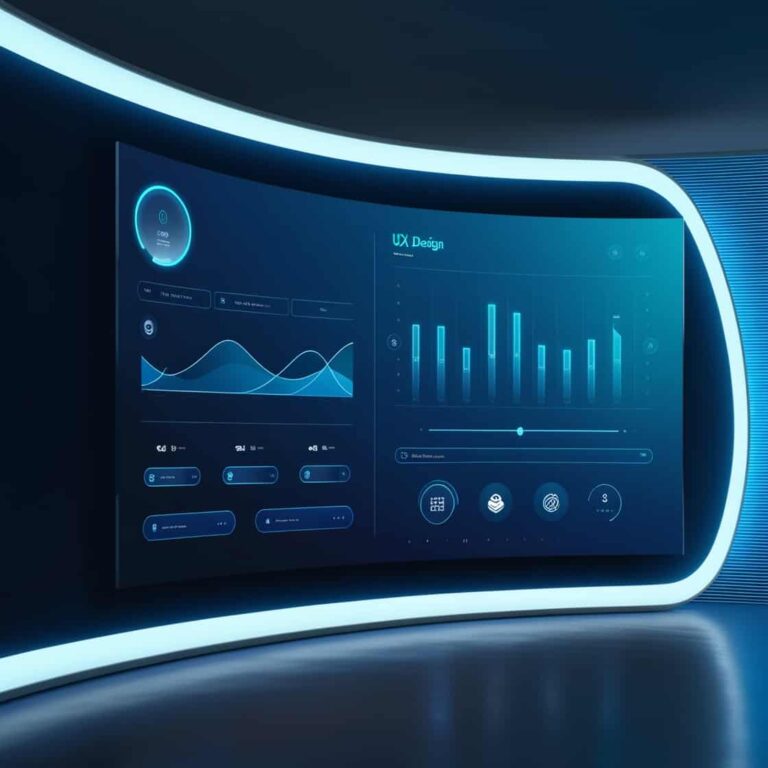Artificial Intelligence (AI) is no longer a concept confined to science fiction. It is now in our daily lives. It is in the smart assistants on our phones and the recommendation engines on our favorite streaming platforms. AI is evolving at an unprecedented pace. Its impact on industries worldwide is profound. Let’s explore how AI is revolutionizing industries and shaping the future of technology.
Driving Innovation and Efficiency
AI is transforming industries by boosting innovation and efficiency. AI helps businesses by automating tasks and analyzing data. It reduces costs and streamlines operations. It also enables data-driven decisions. For example, in manufacturing, AI robots can work faster and more precisely than humans. This boosts productivity and reduces defects. In healthcare, AI can analyze medical images. It can detect diseases earlier, improve diagnosis accuracy, and personalize treatment plans.
Enhancing Customer Experience
AI is also transforming the way businesses interact with their customers. AI chatbots and virtual assistants can provide instant support. They can answer questions and complete transactions. It boosts customer satisfaction. It also frees agents to handle complex issues. Also, AI recommendation engines can personalize product suggestions and marketing. This makes customers feel valued and understood.
Enabling New Business Models
AI is creating opportunities for new business models that were previously unimaginable. For instance, developers are making autonomous vehicles. They could revolutionize transport by reducing accidents, traffic, and the need for personal car ownership. AI-powered platforms are creating new digital services. Examples include personalized education, virtual healthcare, and smart city solutions.
Addressing Societal Challenges
AI has the potential to address some of the world’s most pressing societal challenges. AI in agriculture can boost crop yields, cut water use, and monitor soil health to ensure food security. AI can help with climate change. It can create sustainable energy, predict natural disasters, and reduce their impacts. Also, AI can help improve healthcare access in underserved areas. It can also develop assistive tech for people with disabilities.
Ethical Considerations
While AI offers immense potential, it also raises important ethical concerns. We must carefully address issues like bias in AI, job loss, and the misuse of AI. Businesses, governments, and researchers must work together. They need to create ethical guidelines for the responsible use of AI.
The Future of AI
As AI advances, we will see more groundbreaking apps in the years to come. AI has the potential to transform our lives in many ways. It could do so, from personalized medicine to self-driving cars. We must develop AI with ethics in mind. We should use this powerful technology to improve society.
Conclusion
In conclusion, AI is a transformative technology that is reshaping industries across the globe. AI will shape the future of technology. It can drive innovation, improve customer experience, enable new business models, and address societal challenges. It’s crucial to develop AI with ethics in mind. As AI continues to evolve, it will be exciting to witness the new possibilities and opportunities it brings to our world.







